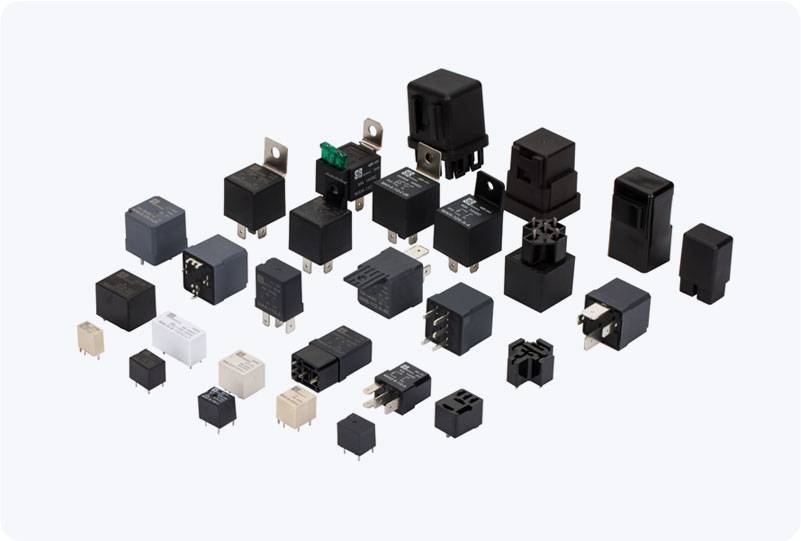Industrial relays play a critical role in modern electrical systems by providing protection, control, and automation to power and industrial circuits. They are used extensively in industries such as power generation, manufacturing, and transportation to ensure system reliability and safety. To maintain these high standards of performance and safety, various organizations, including the Institute of Electrical and Electronics Engineers (IEEE), have developed a series of technical standards for industrial relays. These IEEE standards ensure that relays operate efficiently and meet specific requirements related to reliability, testing, and performance.

The Role of IEEE in Industrial Relay Standards IEEE is a leading global organization dedicated to advancing technology and setting international standards in various engineering fields, including electrical engineering. The IEEE standards for industrial relays offer a detailed framework for the design, installation, testing, and operation of relays used in industrial applications. These standards address numerous key aspects of relay operation, including performance characteristics, environmental testing, and interoperability, ensuring that relays meet the highest possible standards. Among the most important IEEE standards related to industrial relays is IEEE C37.90, which outlines the performance, testing, and application requirements for relays used in power systems and industrial automation. This standard addresses the electrical characteristics of relays, such as voltage, current, and frequency ratings, and specifies the test procedures used to verify these characteristics under different operating conditions. It is an essential standard for anyone working with relays in industries where electrical faults and system protection are a critical concern.